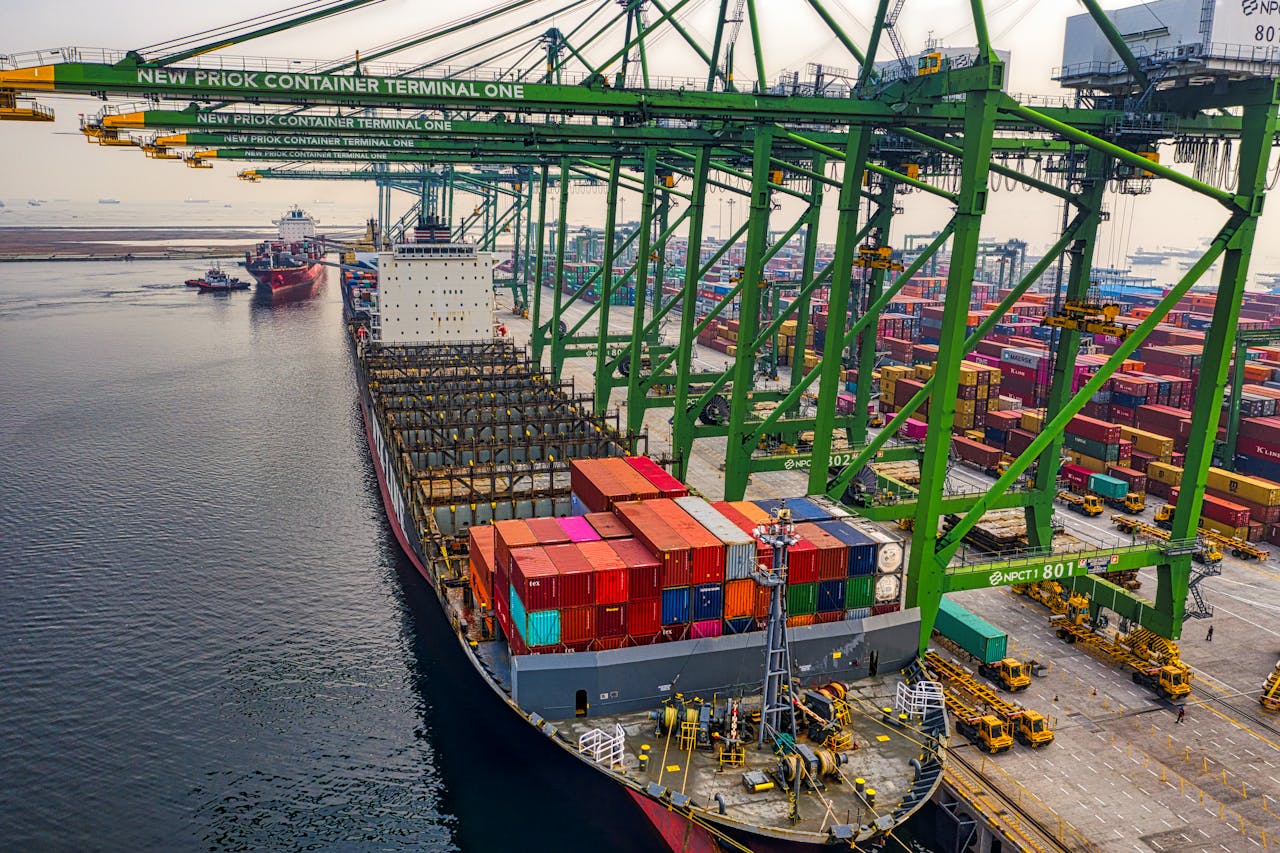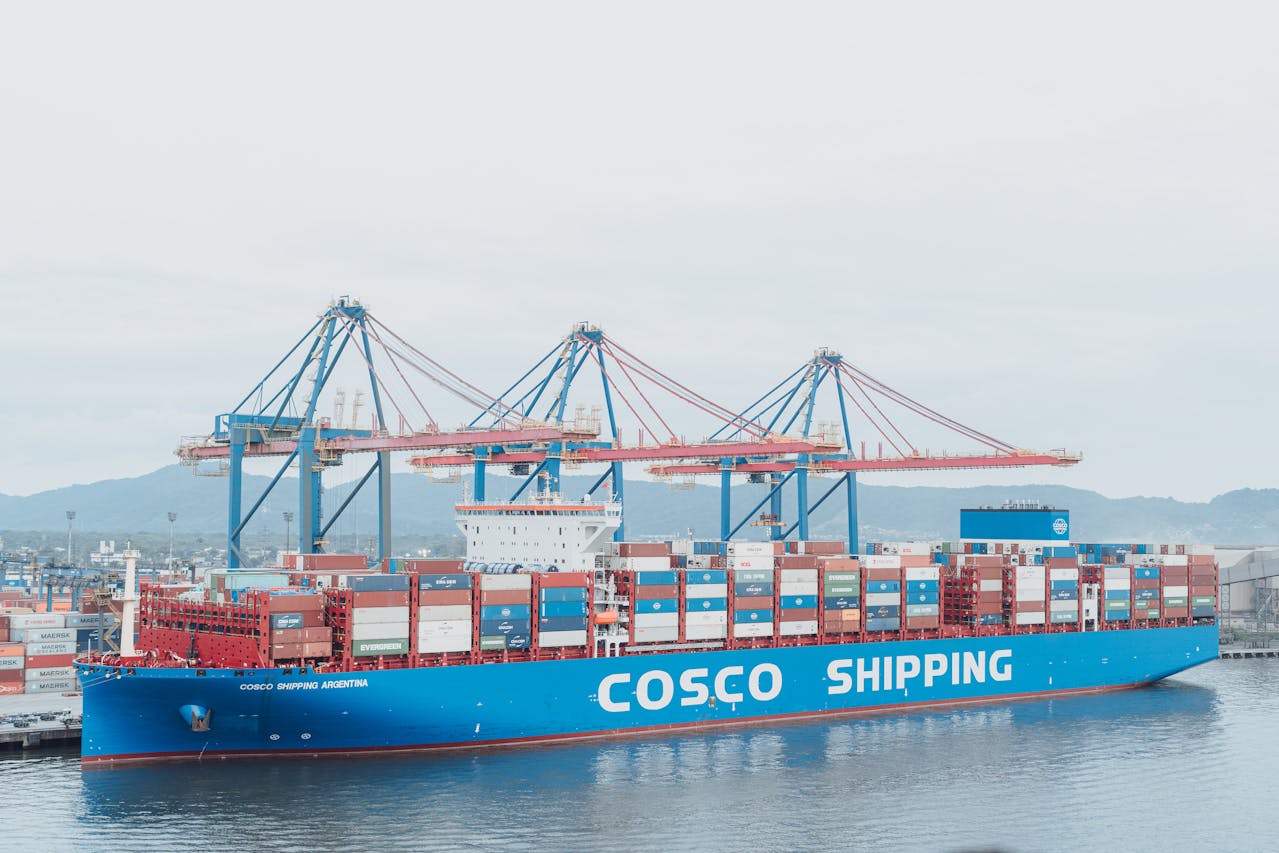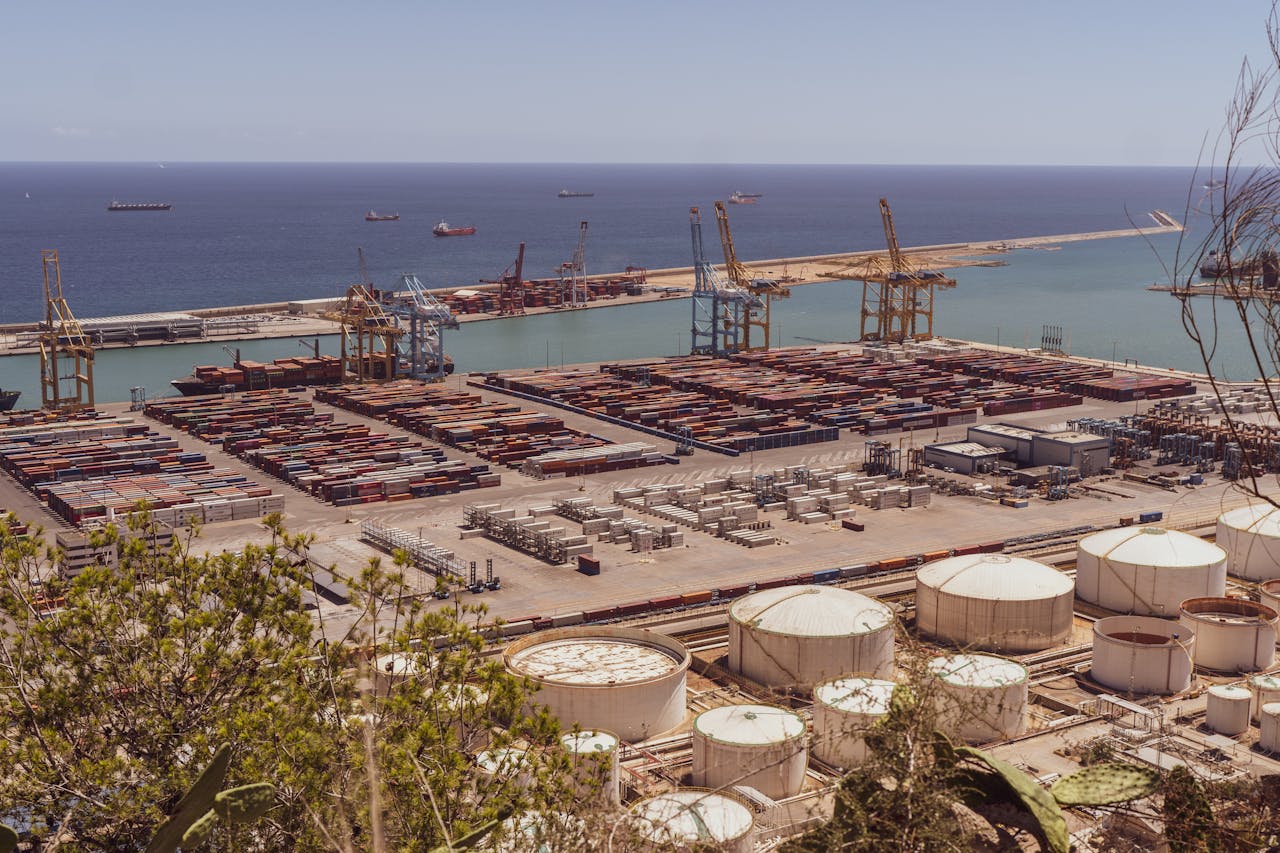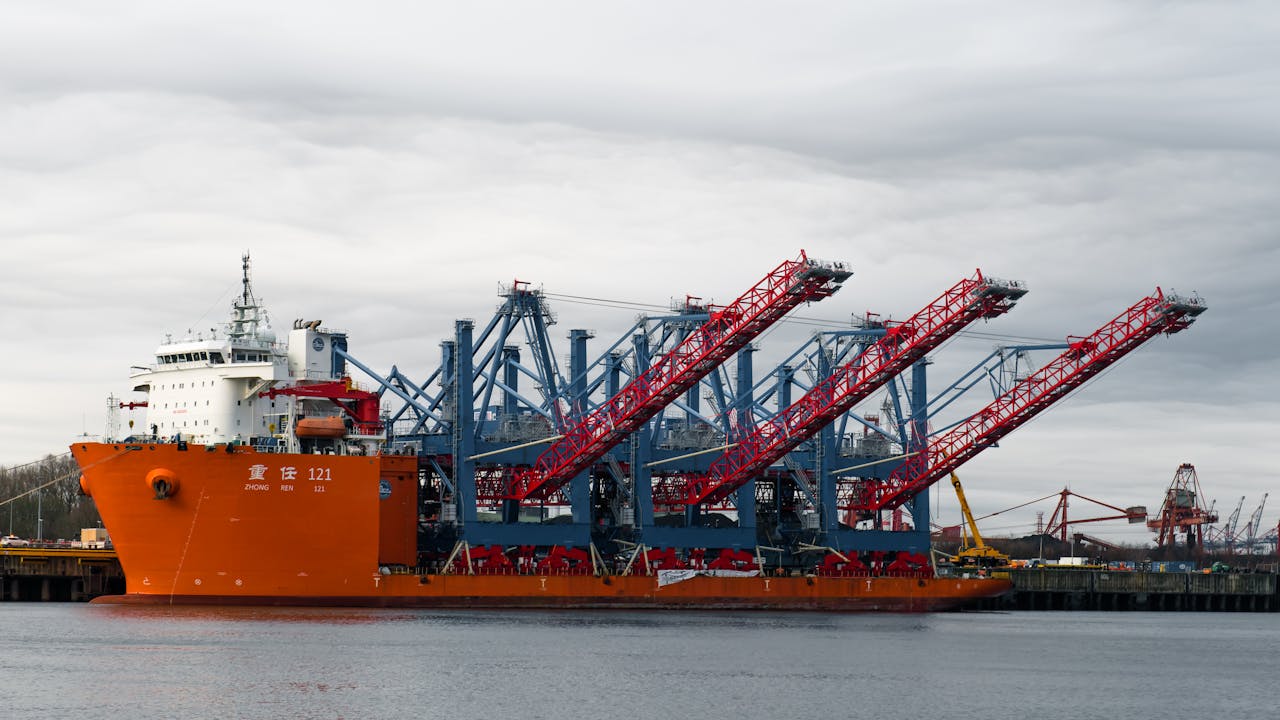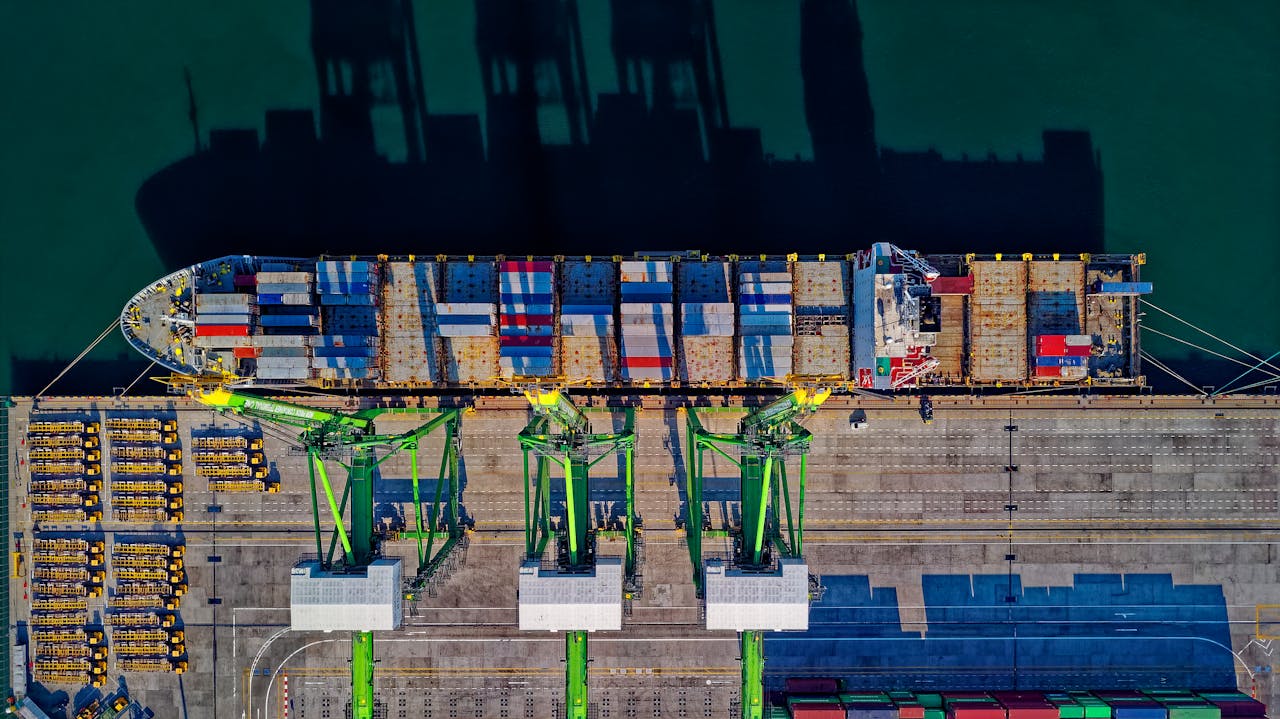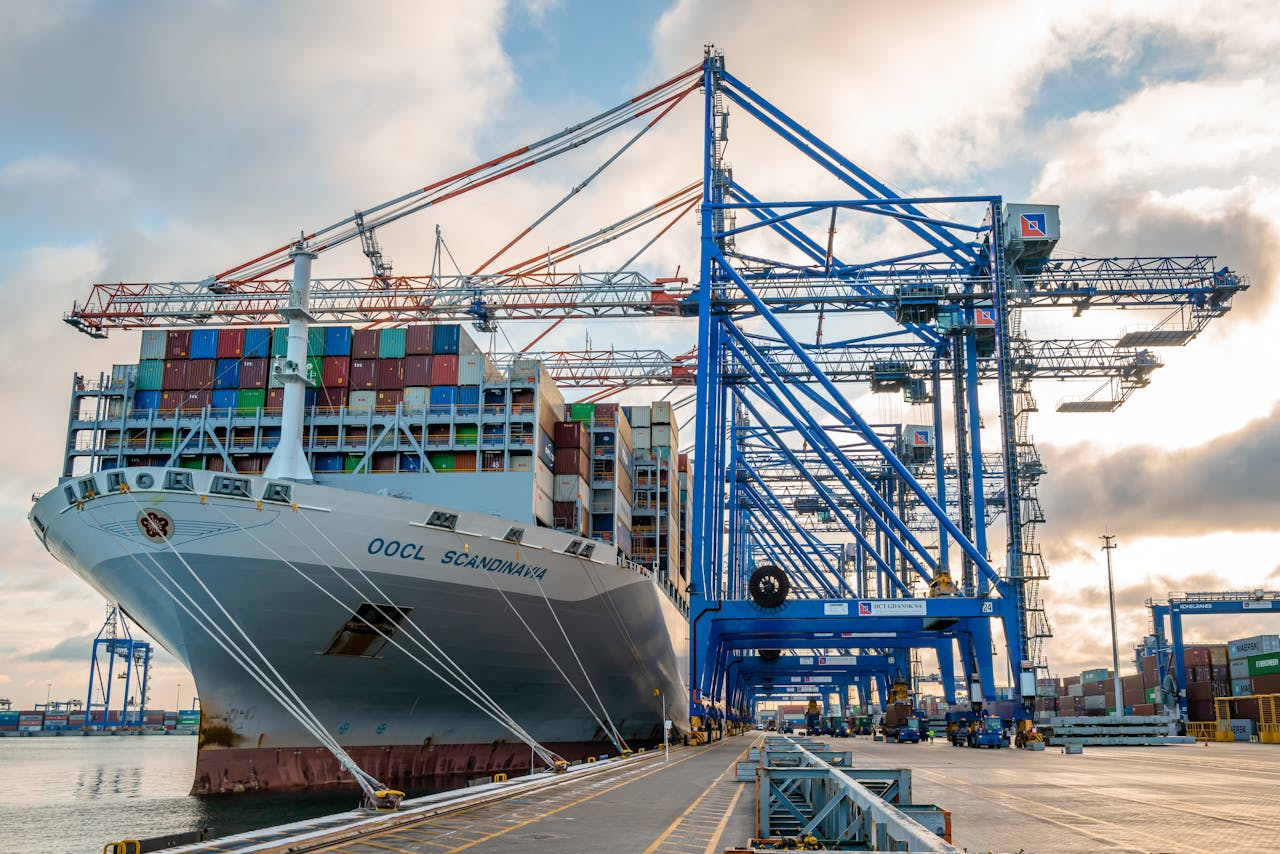Certificate in Maritime Safety Management
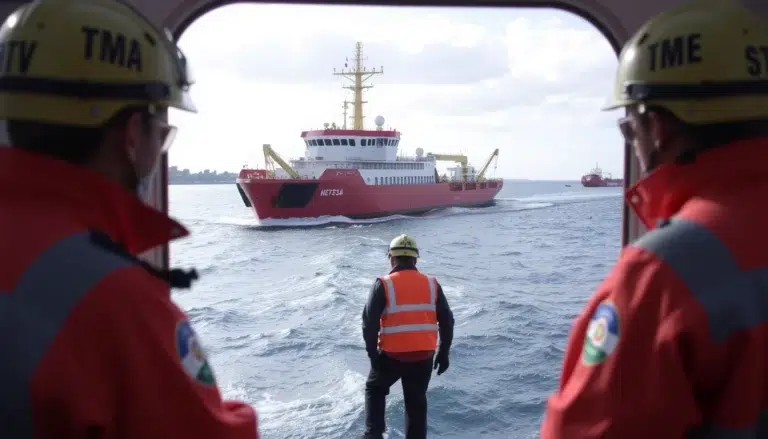
| Date | Format | Duration | Fees (USD) | Register |
|---|---|---|---|---|
| 03 Dec - 05 Dec, 2025 | Live Online | 3 Days | $2625 | Register → |
| No upcoming Schedule available for this course. | Register |
|---|---|
| Take control of your schedule! Choose your preferred dates and locations. click the register button. | Register |
Did you know that the International Maritime Organization (IMO) has introduced new maritime safety regulations for 2025, focusing on enhanced crew safety, vessel security, and environmental protection, with shipping companies needing to implement more stringent safety protocols to ensure compliance?
Course Overview
The Certificate in Maritime Safety Management by Alpha Learning Centre is meticulously designed to equip professionals with essential skills in maritime safety management, risk assessment, and safety culture development. This course focuses on how professionals can effectively apply international maritime safety regulations, enhance incident investigation and response strategies, and develop skills for implementing safety culture in maritime environments to ensure comprehensive safety leadership in modern maritime operations.
Why Select This Training Course?
Selecting this Maritime Safety Management Course offers numerous advantages for professionals involved in maritime safety and compliance. Participants will gain advanced knowledge of international maritime regulations, safety management systems, and risk assessment methodologies. The course provides hands-on experience with industry-standard safety tools and real-world case studies, enabling attendees to optimise their maritime safety strategies effectively.
For organisations, investing in this training enhances overall safety posture and ensures better compliance with international maritime standards. Research indicates that implementing comprehensive maritime safety frameworks results in enhanced ability to manage complex maritime operations and improve crew safety. According to industry experts, maritime safety is not merely a compliance requirement but a strategic imperative that drives operational efficiency, reduces risks, and improves environmental protection.
For individuals who complete this course will benefit from enhanced career prospects as they become more valuable assets in their respective fields. Studies indicate that professionals with maritime safety expertise can significantly improve their career trajectory as understanding safety regulations and management systems positions individuals as specialists in a high-demand field.
Transform your maritime safety capabilities – Register now for this critical advanced training programme!
Who Should Attend?
This certificate in Maritime Safety Management is suitable for:
- Maritime safety officers seeking advanced knowledge
- Port managers
- Supervisors responsible for safety compliance
- Safety consultants specializing in maritime operations
- Ship captains and officers aiming to enhance safety protocols
What are the Training Goals?
The objectives of this course are to enable professionals to:
- Deepen understanding of international maritime safety regulations
- Enhance capabilities in risk assessment and safety management systems
- Improve incident investigation and response strategies
- Develop skills for implementing safety culture in maritime environments
- Equip participants with tools for emergency preparedness and crisis management
How will this Training Course be Presented?
The Certificate in Maritime Safety Management Course delivers comprehensive, hands-on training through proven methodologies designed to maximise learning outcomes and practical skill development. Our expert instructors employ the following methods:
- Interactive workshops focusing on real-life safety scenarios
- Simulation exercises for emergency management
- Expert-led discussions on regulatory compliance and recent safety trends
- Case studies from major maritime incidents
- Practical assessments of safety management plans
Each delivery method is carefully integrated to ensure participants gain both theoretical knowledge and practical experience. The course structure promotes active engagement and real-world application, allowing participants to develop crucial analytical and strategic skills within a supportive learning environment.
Join us to experience this dynamic and effective learning approach – Register now to secure your place!
Course Syllabus
Module 1: Advanced Regulatory Frameworks
- In-depth analysis of SOLAS, MARPOL, and ISM Code
- Latest amendments in maritime safety laws
- Compliance strategies for international and flag state regulations
- Impact of regional regulations on safety practices
- Techniques for regulatory interpretation and application
Module 2: Risk Management in Maritime Operations
- Advanced risk assessment methodologies
- Safety management systems beyond basic compliance
- Quantitative and qualitative risk analysis tools
- Risk-based decision making in maritime operations
- Developing proactive risk mitigation strategies
Module 3: Incident Investigation and Reporting
- Techniques for thorough incident analysis
- Root cause analysis in maritime accidents
- Effective reporting mechanisms for safety incidents
- Legal implications of incident reporting
- Learning from past incidents to improve safety protocols
Module 4: Safety Culture and Leadership
- Strategies for fostering a safety-first culture
- Leadership in safety management
- Communication strategies for safety awareness
- Training programs to enhance safety behaviours
- Evaluating and maintaining safety culture effectiveness
Module 5: Emergency Preparedness and Response
- Designing comprehensive emergency response plans
- Coordination with external emergency services
- Simulation of maritime emergencies for training
- Crisis communication and management
- Post-incident review and system updates
Module 6: Safety Technology and Innovation
- Overview of cutting-edge safety technologies
- Implementing new tech solutions in maritime safety
- Cybersecurity aspects of safety systems
- Data analytics for safety performance monitoring
- Future trends in safety equipment and systems
Module 7: Maritime Safety Audits and Inspections
- Conducting and preparing for safety audits
- Techniques for effective safety inspections
- Managing audit outcomes and continuous improvement
- Interfacing with flag state and port state controls
- Best practices in audit preparation and response
Module 8: Crew Safety Training and Competence
- Advanced training methods for maritime crews
- Assessing competence in safety-critical roles
- Designing tailored safety drills and exercises
- Legal and ethical responsibilities in crew training
- Continuous professional development in safety
Module 9: Environmental Safety Management
- Pollution prevention strategies in maritime operations
- Handling of hazardous materials safely
- Environmental impact assessments for maritime activities
- Compliance with environmental regulations
- Sustainable practices in maritime safety management
Module 10: Safety Documentation and Record Keeping
- Best practices in safety documentation
- Digital solutions for safety record management
- Ensuring accuracy and integrity of safety records
- Regulatory requirements for documentation
- Using data from records for safety enhancements
Training Impact
The impact of maritime safety management training is evident through various real-world case studies and data, which demonstrate the effectiveness of structured programmes in enhancing maritime safety and operational efficiency.
Research indicates that professionals with strong maritime safety skills can significantly improve organisational outcomes. According to industry experts, companies that implement robust safety management systems experience tangible benefits including improved crew safety, reduced operational risks, and enhanced compliance with international maritime standards like SOLAS and the ISM Code.
These case studies highlight the tangible benefits of implementing advanced maritime safety techniques:
- Improved safety protocols through enhanced risk assessment and management
- Enhanced incident response capabilities through effective investigation and reporting
- Increased compliance with international maritime regulations
- Strengthened safety culture within maritime operations
By investing in this advanced training, organisations can expect to see:
- Significant improvement in safety management systems
- Improved ability to handle complex maritime safety challenges
- Enhanced decision-making capabilities through safety insights
- Increased competitiveness through comprehensive maritime safety strategies
Transform your career and organisational performance – Enrol now to master Maritime Safety Management!


